Cara Hunter talks to screenwriter Daisy Coulam
As you know, I am ridiculously excited that Daisy Coulam is going to be the screenwriter for Fawley when Castlefield bring it to the screen. She has a fabulous track record in TV, from EastEnders and Holby City, through Death in Paradise to Grantchester and Deadwater Fell. I’ve always wanted to know how screenwriting works, so I was really pleased when Daisy agreed to be interviewed for the newsletter (but she’s so nice, I didn’t think she’d say no!).
I’m sure I’m not the only person who’d love to know how you broke into screenwriting – it sounds like such a dream job!
It is a dream job! I suppose I came in by the tradesman’s entrance. I started off as a runner in a production company, making tea (I was so bad at it) and running errands. I then worked my way up to Script Editor, working with writers to shape their script on shows like Where the Heart Is and The Bill (that really dates me, doesn’t it?!)
I was lucky enough to get a place on the BBC Writers’ Academy – a three-month course which ended with script commissions on shows including Holby City and Casualty. Since then, touching all the wood I can get my hands on, I’ve been writing full time.
How does the process work with an adaptation – can you talk us through how a screenplay develops from a book to a fully-fledged script?
My main experience with this is working on Grantchester. I tend to read the book closely a couple of times then put it down and start brainstorming. Paraphrasing Hilary Mantel – she suggests you ‘put down the book and dream it’.
For me, it’s always about the characters, their – sorry, horrid X-Factor word – journeys. The stronger the journey, the stronger the series. I try to mine a book for themes – once you have a great theme to explore, then you’re half way there….
Then it’s time to start plotting your episodes… I love a good whiteboard. I find I can never do this part alone. You need other brains in the room, other voices to spark off of.
Once you’ve got those bullet points, it’s time to start fleshing out your story. I tend to think in images. Your books are so visual – there’s a real filmic quality to them – I can already picture it on screen!
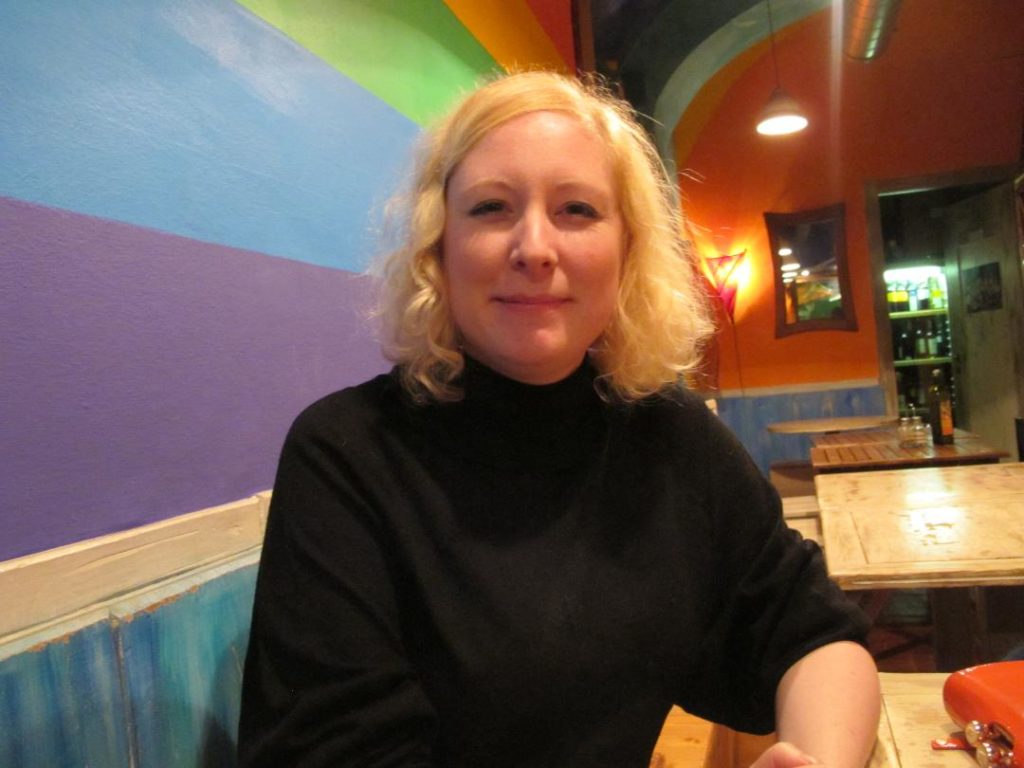
I was really struck by how well you paced the narrative in Deadwater Fell. What’s your secret? (asking for a friend… 😉😄)
Thank you! I’m not sure there is a secret to be honest!
I wrote out the whole story from start to finish on a beat sheet. Then started experimenting with structure. I knew I wanted two timelines, the past shedding light on the present. It was a show about peeling away the layers of the characters, revealing who they really were – so I tried to keep the revelations flowing!
A huge part of making a TV show is the film editing and we had two great editors. A lot of decisions are made in the edit – sometimes what works on the page might not work on screen. It’s like rescripting all over again. It’s a fascinating process that I was lucky to be a part of!
What distinguishes great TV from run-of-the-mill TV, in your view?
Crikey. That’s a really good question. I suppose it’s quite subjective. The telly I consider great is probably not what the next person would consider great!
Last year I watched a lot of comfort TV, returning to old favourites: 30 Rock, Frasier, Ghosts, Parks and Recreation. I also got hooked on newer shows like The Queen’s Gambit and Unbelievable.
I suppose the thread that runs through them is fantastic characters you’d happily follow anywhere. In all those shows, you can feel the writer’s love for what they’re doing. I think you can pick up on cynicism – when a production is phoning it in or doesn’t really know what they’re saying I lose interest. In their own way, all these shows are very sure of themselves.
And now some questions from Twitter and Instagram, starting with this from reviewer, author and all-round crime expert Barry Forshaw: ‘When adapting other people’s work, which is more of a challenge: what to remove from the original novels or what to add?’
Eek. An excellent question. Is it cheating to say both?! For example with Grantchester, in the novels, the main character Sidney gets married and settles down. We plotted that out for series 3 but it just didn’t work for us. Our Sidney was better when he was miserable and looking for love! It felt like we’d ended his story too soon. So we lost that from our series.
It’s hard because readers really invest in these books, these characters. And they aren’t always happy with the changes. But ultimately it’s a different medium and you have to do what’s right for the series.
Adding to the novel can also be controversial. But perhaps that’s the joy of TV – you get to delve more into these characters lives. To embellish on what’s already on the page…
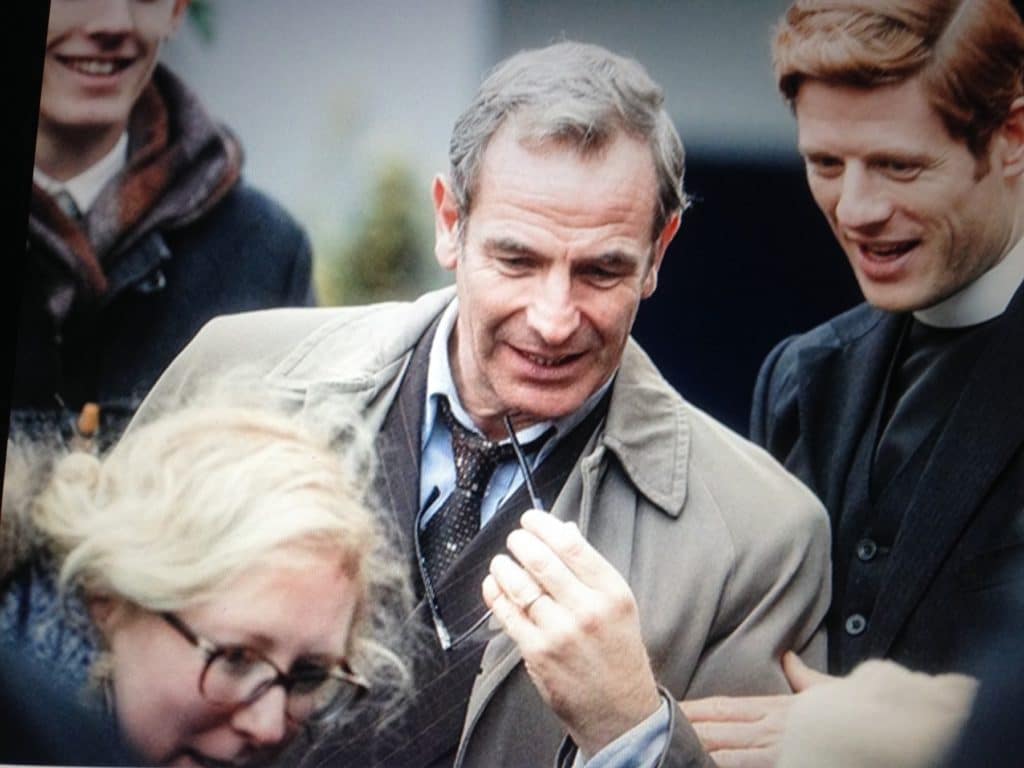
Here’s a question from one of my Twitter friends, the author John Marrs: ‘What is your biggest challenge in making a well-loved series of books a television series?’
I think this is sort of linked to the previous question. It’s that delicate balance between respecting the book and its readership and having the freedom to bring your own personality to the project.
This one is from @elizaoutofthewoods on Instagram: ‘When you write do you have an actor in mind for the characters? Do you have a specific audience in mind?’
Strange admission: when I write, I never see the character’s faces. I don’t know why that is! I don’t tend to think in terms of actors either.
It sounds cynical – but whilst writing a show, you tend to have an audience in mind. Deadwater Fell wouldn’t have gone down well on BBC at 8 o’clock for example. The great thing about Cara’s books is that I think they have a universal reach – hopefully millions will tune in!
Another from John Marrs: ‘How many times must you read a book before you start to put your own spin on a screenplay? Are you ever nervous of what the author might think of your interpretation?’
I’m ALWAYS nervous of what the author will think! This is their baby and you’re dressing it up in wacky clothes and piercing its ears! But authors tend to be generous sorts. They understand that this is a process that will involve change. It’s about respect, I think and that goes both ways.
In terms of reading the book – I’ll read it thoroughly a couple of times. When I’m writing I’ll always have it by my side and dip in and out. Sometimes, I’ll randomly open a page and see if that provides inspiration!
This is from @danielleraynerxo on Instagram: ‘Do you try to match the book when writing a series, or will you try and make your own interpretation of the Fawley books?’
A bit of both I think! I’m really looking forward to adapting the Fawley books – as a reader I was hooked in and I know it will translate to the screen really well. What excites me about adapting a book is you have this wealth of story and character – with the additional space to go further, to see scenes that are hinted at in the book. To follow characters home or to explore an incidental character more…
Here’s another from @elizaoutofthewoods: ‘Do you read and/or listen to the audiobooks? And do you screen-write from your own imagination or do you involve the author as well?’
Funnily enough, Cara and I are having a zoom meeting this afternoon. I like to mine authors for all the juicy information they have! But then I also like to sit on my own and try to bring my own thoughts and feelings to it.
I don’t listen to audiobooks – I really should! I do love a good true crime podcast though. Ronan Farrow’s Catch and Kill, The Clearing, Root of Evil – all incredible!
And finally, two questions I also asked Shari Lapena. Firstly, if you could only take three books with you to read on a desert island, what would they be? (You can take TV series if you prefer!)
Oh. Excellent question. I’d take Bleak House – I got totally lost in that book (it would be good for avoiding the reality of being alone on an island!).
Four Days in November by Vincent Bugliosi – a forensic analysis of the assassination of JFK. I was obsessed with the mystery of who really killed JFK when I was a teenager and secretly thought I might be the one to solve it!
And finally I’d take The Devil and The Dark Water by Stuart Turton because I haven’t read it yet and it’s on my bookshelf staring at me!
And last but not least, looking back, what would you tell your younger self?
Stop worrying so much – it’ll be alright! You don’t feel cool right now – but no one does, they’re all pretending. Also – all that time recording movies and TV series onto VCRs and watching them endlessly isn’t a waste of time – it will pay off!
That time when you’re 14 and fancy getting a pixie haircut? It’s a really really bad idea…
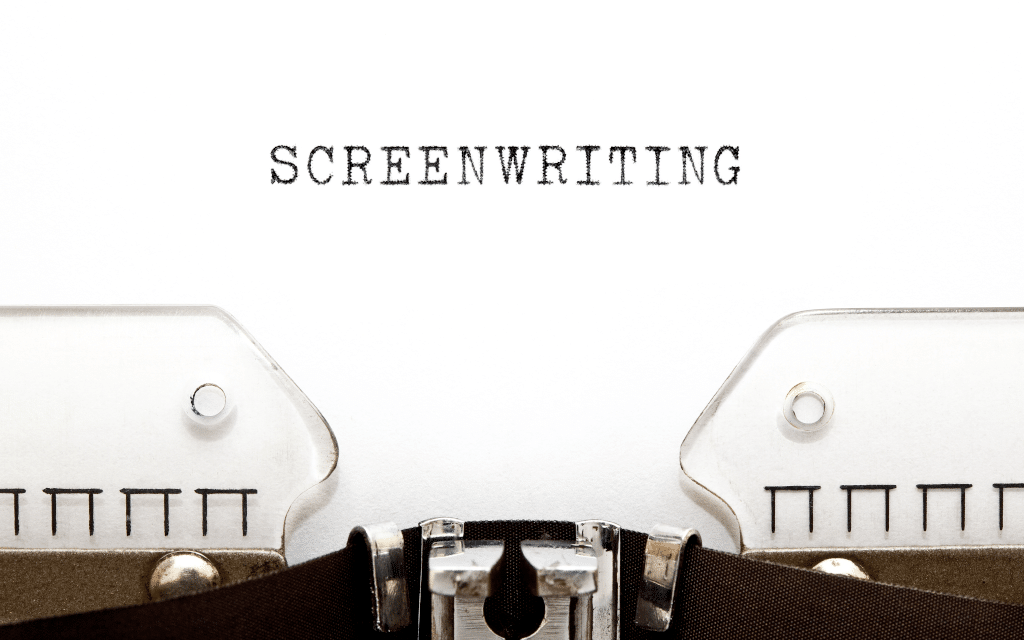
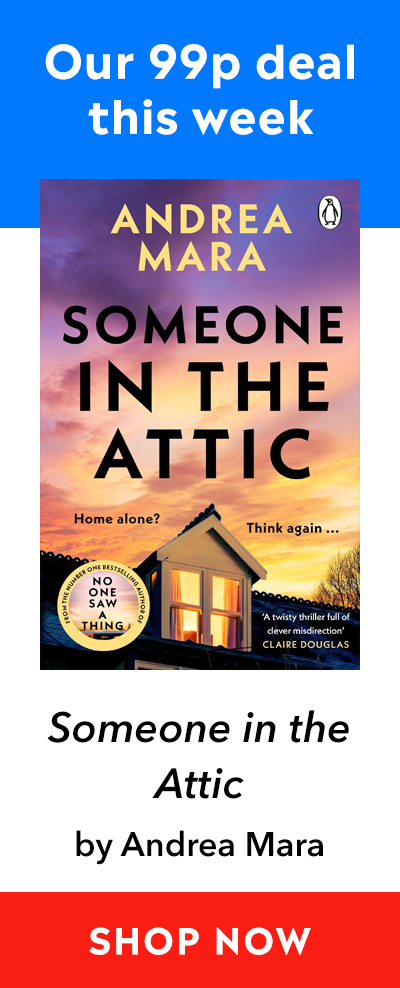
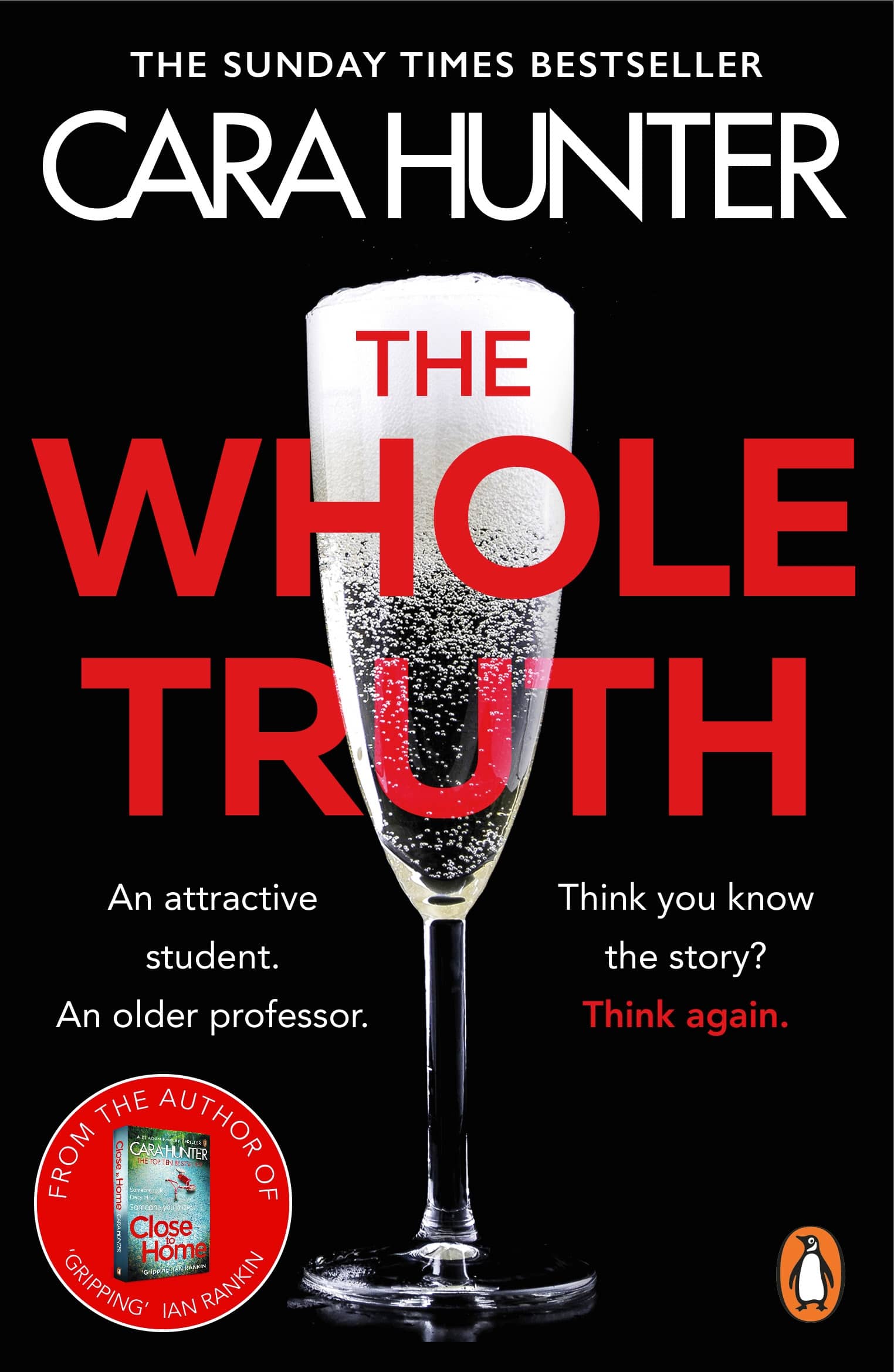
Please note: Moderation is enabled and may delay your comment being posted. There is no need to resubmit your comment. By posting a comment you are agreeing to the website Terms of Use.